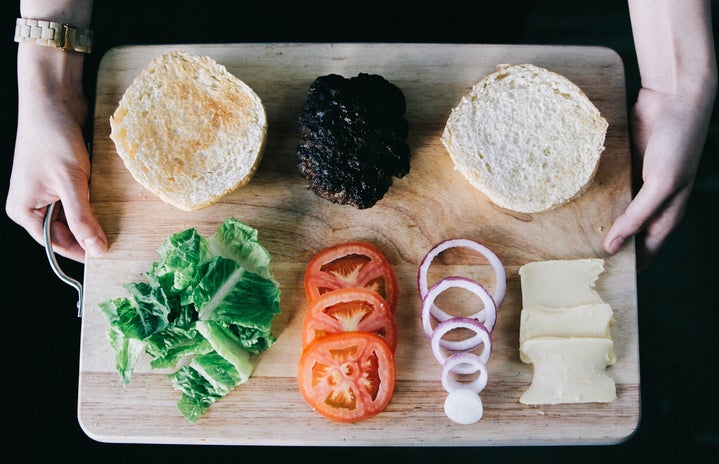Why can’t women eat Doritos like everyone else?
This is a question a lot of people — women and men alike — asked this week, when social media started buzzing (or should I say crunching) with news that PepsiCo was unveiling a line of Doritos specifically for women.
Again, you might ask (I hope you are asking): why?
An explanation, courtesy of PepsiCo CEO Indra Nooyi, whose remarks on the Freakonomics podcast fed the speculation: women, apparently, “don’t like to crunch too loudly in public.”
She continued: “And they don’t lick their fingers generously, and they don’t like to pour the little broken pieces and the flavor into their mouth.” When the chips were all on the table, it turned out that Lady Doritos were not, in fact, a real plan. “We already have Doritos for women — they’re called Doritos, and they’re loved by millions,” the brand wrote on Twitter.
This was hardly the first time unnecessarily gender-specific products have been discussed — while Doritos simply toyed with the idea, other brands have actually sold these products. Take, for instance, BIC’s pens “for her” which debuted in 2012. The goal was to create “comfortable” pens because, apparently, women can’t use pens that aren’t specifically branded for females; or pens that are not pink and purple. (Please note my sarcasm.)
If this was a marketing ploy, it was certainly successful. If the idea was to “test out” the market for gendered products, then the company also got a taste of response to that; which was, resoundingly, the question with which I opened this article: why?
Doritos could have turned away female customers with their possible marketing ploy, but they also could have created a “counter movement.” I bet some women bought Doritos as a joke after the drama ensued, if only to post a photo eating one. It sounds silly, but even Ontario Premier Kathleen Wynne posted a photo of herself eating a Dorito. “The original is crunchy, messy and delicious enough for everyone,” she wrote on Twitter. Some women are vowing to continue crunching away to prove that women can — and will — eat Doritos.
Everyone is talking about Doritos, and the company didn’t have to do much to get the conversation started (other than, you know, have their CEO make a sexist remark on a podcast). It is in this vein that Alex Nichols suggests, in a piece called “Please buy our product that makes you so mad” for The Outline, that mini-controversies are, in effect, a clever advertising strategy for brands.
“If any mildly politically provocative corporate announcement can dominate that day’s news cycle through takes, counter-takes, meta-takes and aggregated clapbacks for a total cost of $0, what use is advertising?” he wrote. “The onus is on us to stop falling for it.”
Maybe so, but the onus is also on us to call out inappropriate and sexist comments. Doing this calls more attention to the brand, yes — but if it’s negative attention, then maybe that’s a bad thing (one could argue that all press is good press, but I digress).
As for me? I won’t be reaching for Doritos anytime soon, but not because of this whole controversy. The truth is, I’ve always preferred Ruffles.

